Our Mission & Work
We think we can learn a great deal by studying all forms of school choice, on a national scale, from different perspectives, and with different methods. Our goal is to inform and improve choice policy design and implementation, so that these policies do more to increase opportunities and outcomes for disadvantaged students.
Executive Committee
The Executive Committee is responsible for managing REACH, with each member overseeing at least one strand of the center's research.
Douglas N. Harris
National Director

Julie A. Marsh
Director of Qualitative Research

Amy Ellen Schwartz
Director of Transportation Research
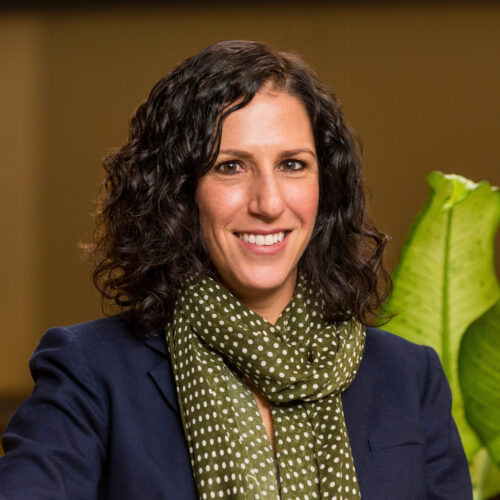
Katharine O. Strunk
Director of Teacher Policy Research
Research Partners & Staff
The REACH team includes leading researchers from over a dozen institutions across the country.
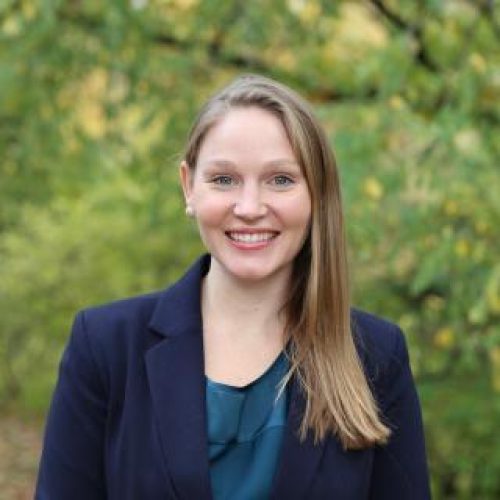
Kaitlin Anderson
Research Partner
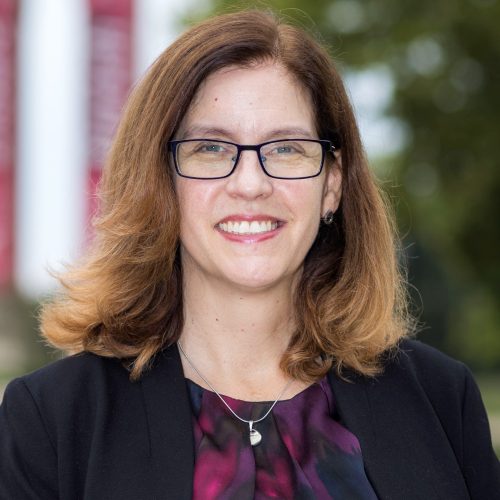
Katrina Bulkley
Research Partner
Jamie M. Carroll
Associate Director for Research
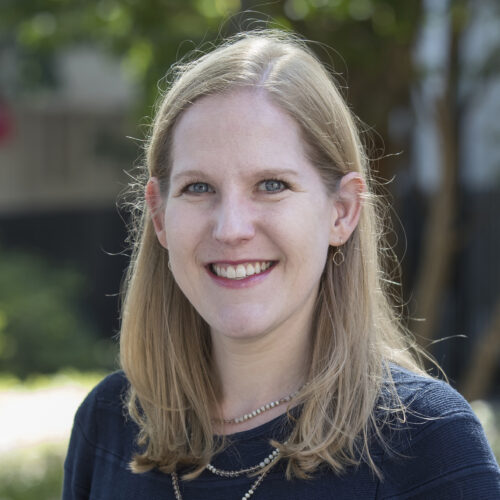
Sarah Cordes
Research Partner

Curt Cronister
Research Partner

Thurston Domina
Research Partner
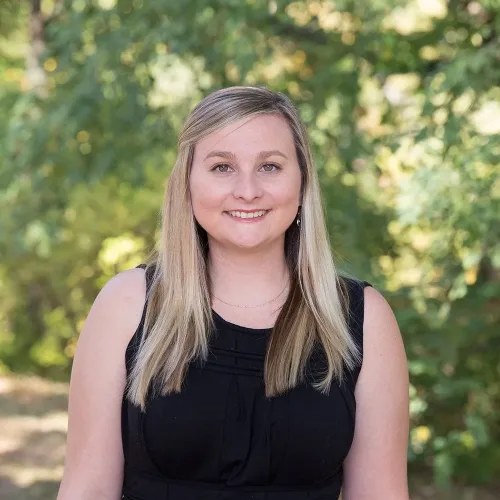
Danielle Sanderson Edwards
Research Partner
Sofia Gomez
Communications Manager

Carolyn Herrington
Research Partner

Scott Imberman
Research Partner

Huriya Jabbar
Research Partner

Sarah Lenhoff
Research Partner

Jane Arnold Lincove
Research Partner

Amanda Lu
Research Partner

Andrew McEachin
Research Partner
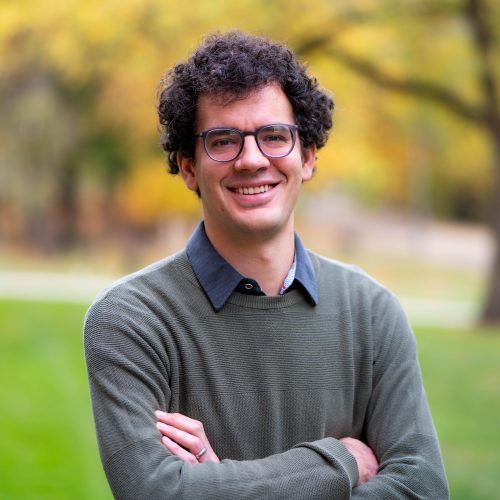
Josep Nadal-Fernandez
Senior Research Fellow
Anjana Nair
Scientific Research Analyst
Emilia Nordgren
Scientific Research Analyst

Andrew Penner
Research Partner
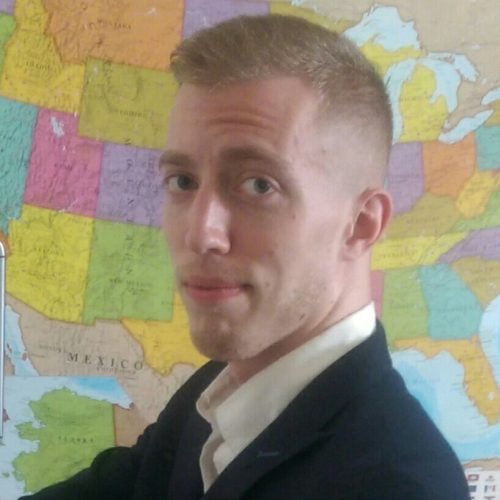
Alexander Siebert
Postdoctoral Fellow
Sage Sigler
Scientific Research Analyst

Jeremy Singer
Research Partner

Marc Stein
Research Partner

Jon Valant
Research Partner

Meryle Weinstein
Research Partner

Sheneka Williams
Research Partner
Matias Morales
Postdoctoral Fellow

Gabriel Olivier
Graduate Student in the Department of Economics
Research Advisory Board
The Research Advisory Board plays a key role in REACH by providing peer review of analysis plans and reports prior to their release and suggesting studies for the Research Clearinghouse.

Sam Abrams
International Partnership for the Study of Educational Privatization

Bruce Baker
Rutgers University

Nathan Barrett
Coleridge Initiative

Mark Berends
University of Notre Dame

Joseph Robinson Cimpian
New York University

Joshua M. Cowen
Michigan State University

Kara Finnigan
University of Rochester

Douglas Fuchs
Vanderbilt University

Lynn Fuchs
Vanderbilt University

Frederick M. Hess
American Enterprise Institute

Jennifer Jennings
Princeton University

Nathan Jones
Boston University

Henry M. Levin
Columbia University

Wayne Lewis
Kentucky Department of Education
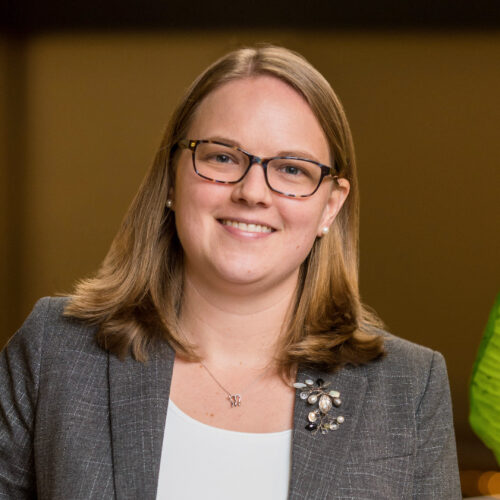
Madeline Mavrogordato
Michigan State University

Patrick McEwan
Wellesley College

Michael McShane
EdChoice

Parag Pathak
Massachusetts Institute of Technology
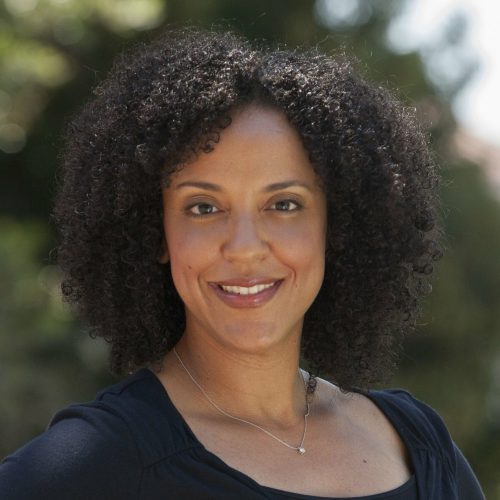
Janelle Scott
University of California, Berkeley

Ron Zimmer
University of Kentucky
National Policy Advisory Board
The National Policy Advisory Board plays an important role in REACH by providing input on potential studies that would inform policy debates on school choice and by reviewing all studies in advance of their release to ensure that our work is accessible and useful for policymakers.